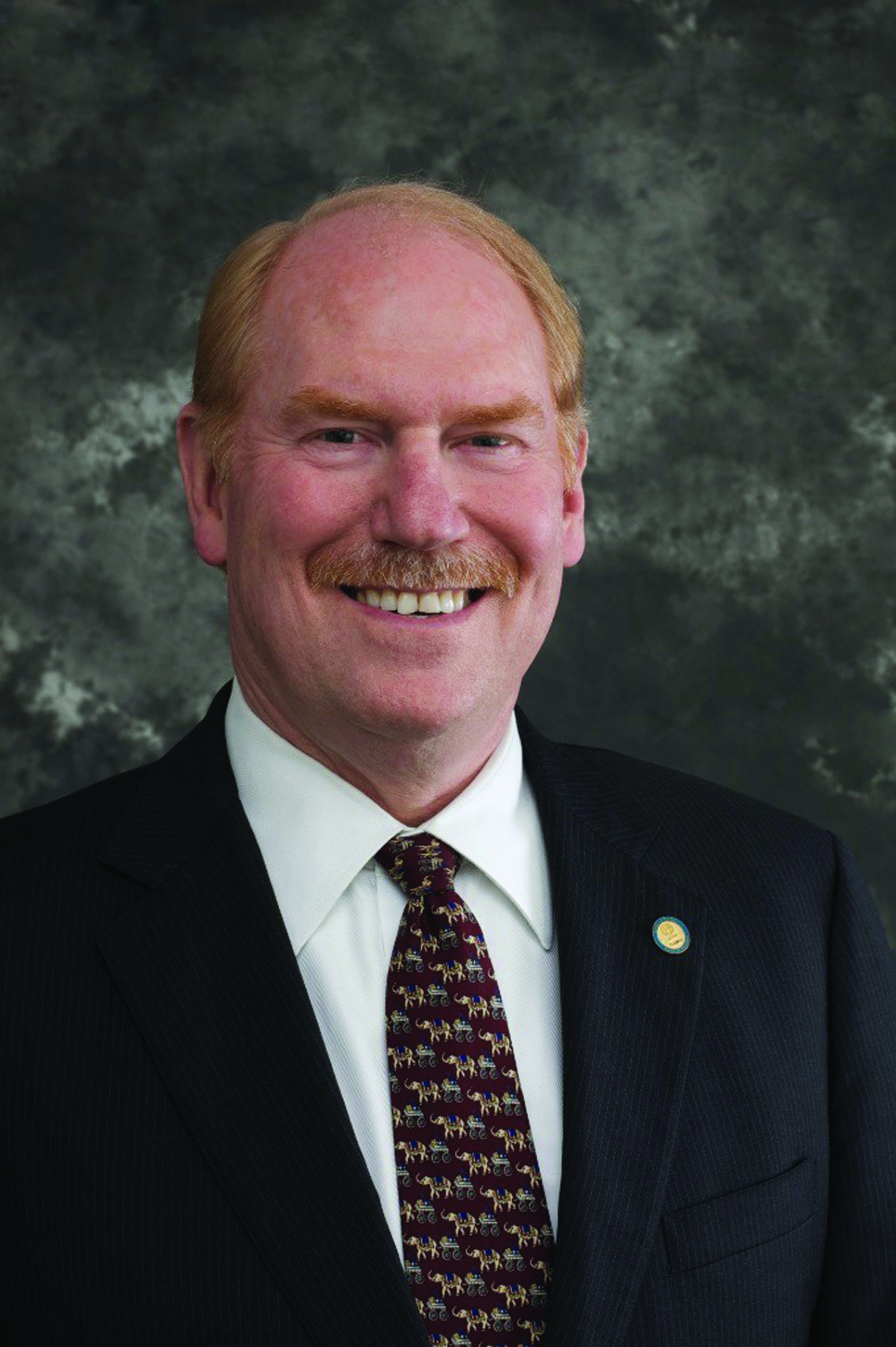My letter to the Chicago Tribune
The Chicago Tribune has printed a letter I wrote in response to its December 15 investigative article, “Pharmacies miss more than half of dangerous drug combinations.” The letter is posted below, but you can also find it online and in the December 21, 2016, print edition.
My letter emphasizes the great dedication pharmacists have to patient safety and the relationships we build with our patients. Patients value those relationships too—a recent Gallup poll showed that pharmacists are the second most trusted professionals, ranked just behind nurses in honesty and ethical values.
Recently I was asked what keeps me up at night and I said, “We need to deliver on the potential.” The Tribune story speaks to the factors that keep pharmacists from delivering on our full potential. There is no doubt that pharmacists could be doing even more with the right support and the right tools. APhA will never stop working toward the recognition we need to continue providing exceptional care to our patients.
The letter:
On Thursday, the Chicago Tribune published online a video and supporting investigative article titled “Pharmacies miss more than half of dangerous drug combinations.” The results of the Tribune’s investigation are alarming and highlight an opportunity for improvement. As the nation’s oldest and largest professional organization of pharmacists, the American Pharmacists Association, APhA, is committed to empowering pharmacists to improve medication use and advance patient care.
Pharmacists take an oath to, among other things, “assure optimal outcomes” for patients. As a pharmacist myself, I can attest to the emphasis our profession places on patient safety. When it comes to medication-related errors, as my colleague Doug Hoey, CEO of the National Community Pharmacists Association, stated in the article, “Even one is too many.” In addition to assessing the potential for drug interactions with each prescription, pharmacists take seriously our professional obligation to educate patients about the safe use of medications. It’s also important that every member of the health-care team, including patients and caregivers, should be actively involved to ensure that medications are used safely.
During my time as a community pharmacist, I cherished the relationships I established with patients and understood the great responsibility that came with the trust they placed in me. I encourage patients and caregivers to get to know their pharmacist and ask questions about their medications, especially if they are starting a new medication. Patients should also alert their pharmacist to any over-the-counter medications they are taking, including vitamins, dietary supplements, and other “natural” products. This information will help pharmacists in assessing potentially harmful interactions.
APhA understands the challenges that come with practicing pharmacy in today’s health-care system. A lack of access to complete patient information via electronic health records, a payment system focused on volume over quality time spent with patients, and performance metrics that pressure pharmacists to work quickly all contribute to a great deal of stress that can result in unintended patient harm. America’s pharmacies offer convenient access to medications, but patient safety must always remain a priority.
—Thomas E. Menighan, executive vice president and CEO, American Pharmacists Association, Washington

